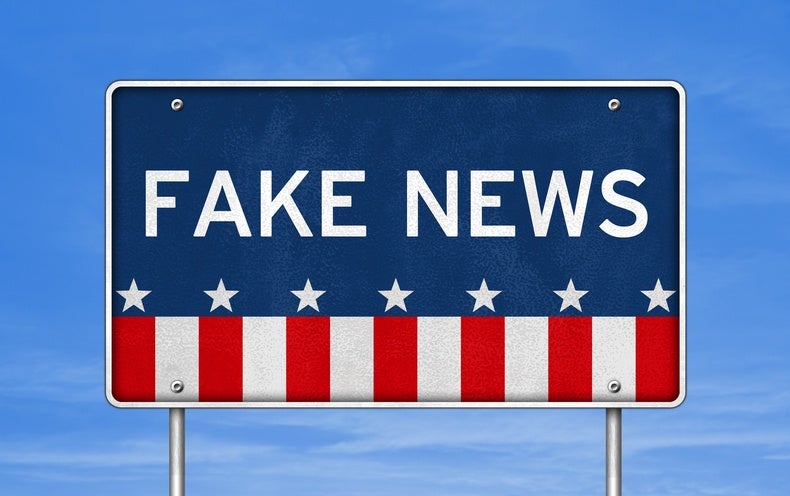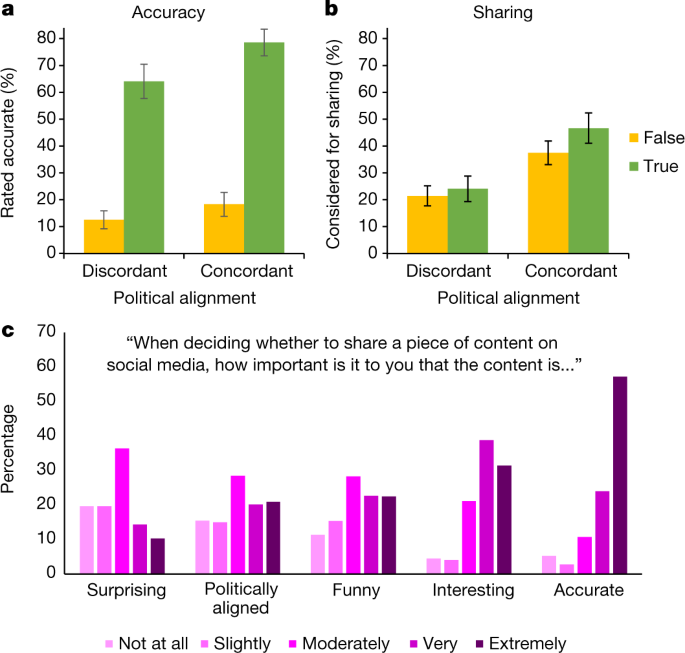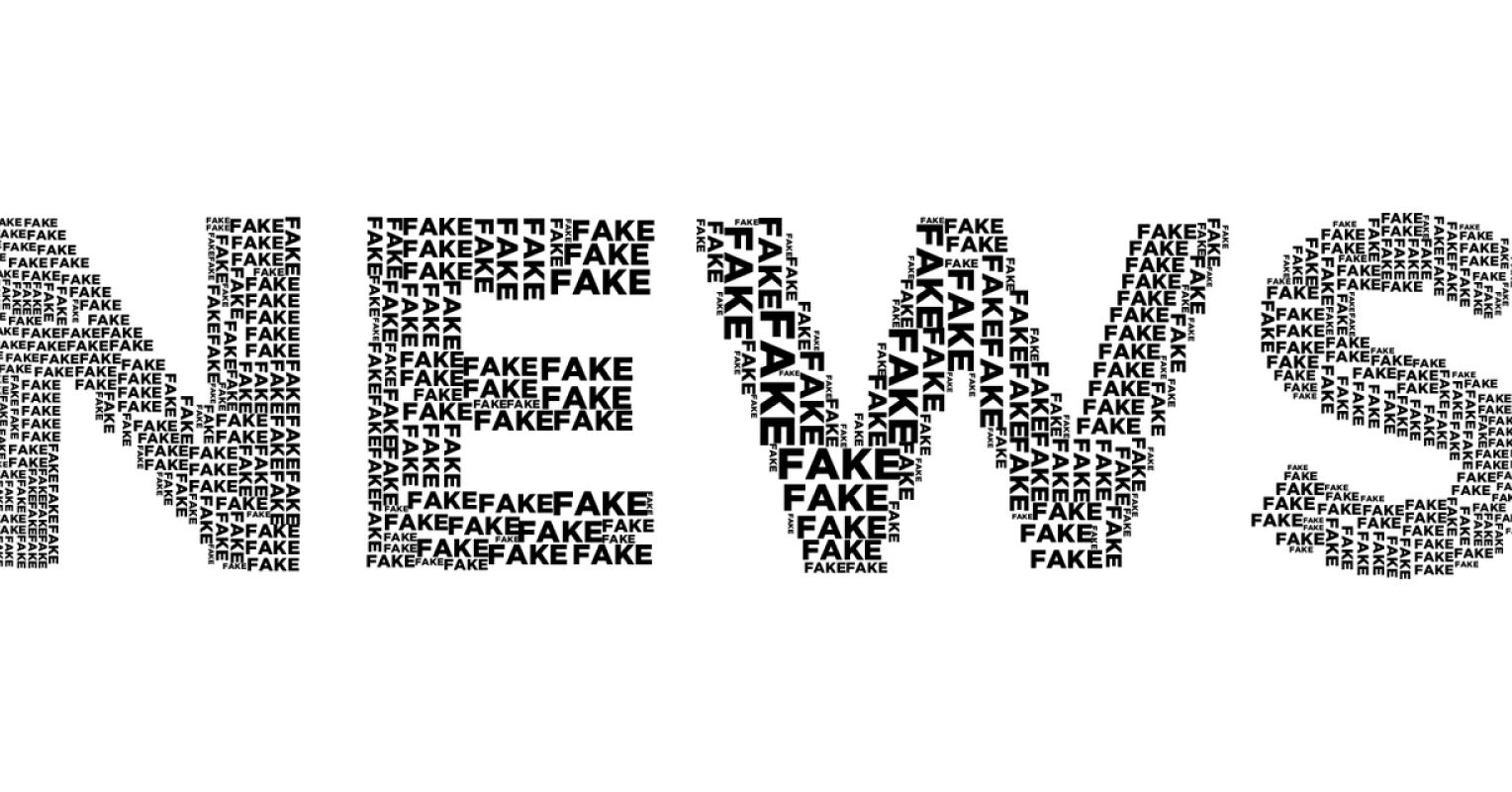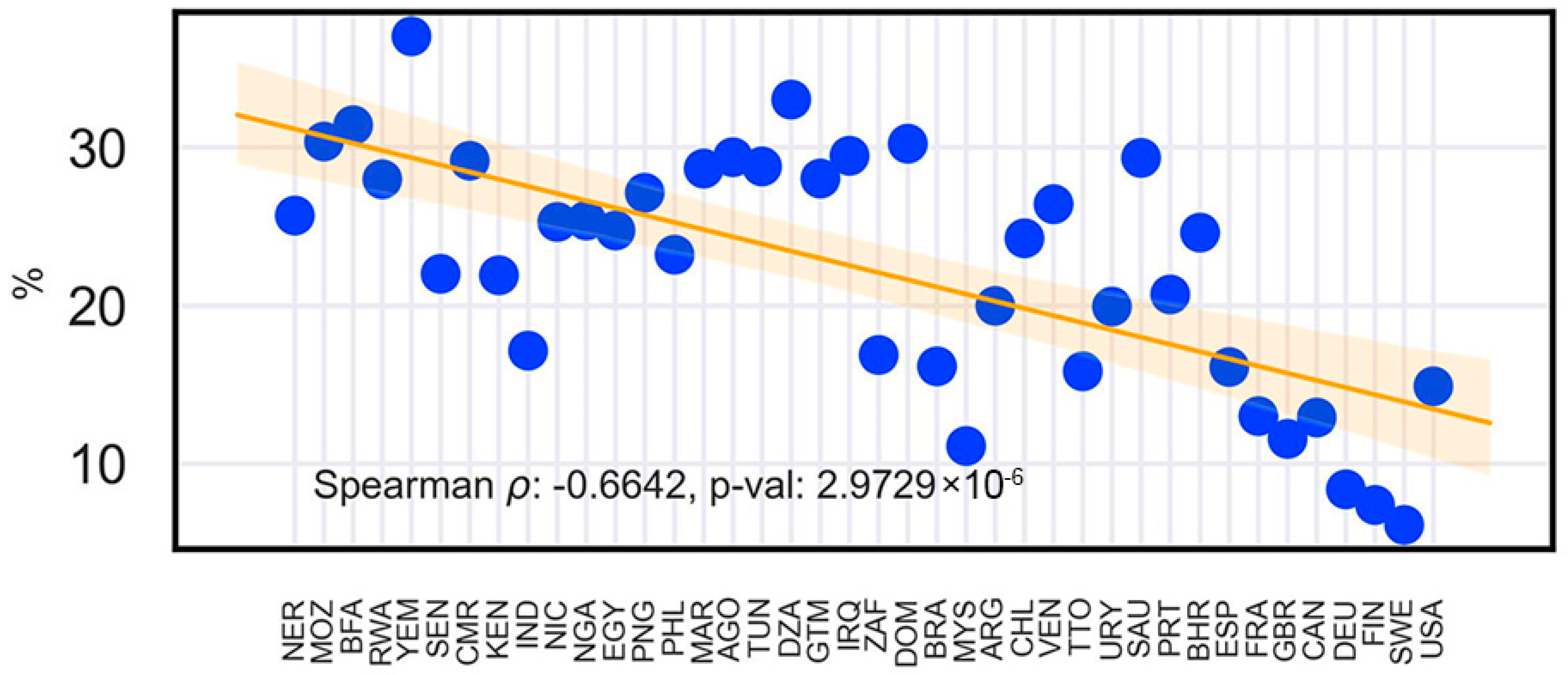
Sustainability | Free Full-Text | The Crisis of Public Health and Infodemic: Analyzing Belief Structure of Fake News about COVID-19 Pandemic

Belief in fake news is associated with delusionality, dogmatism, religious fundamentalism, and reduced analytic thinking.
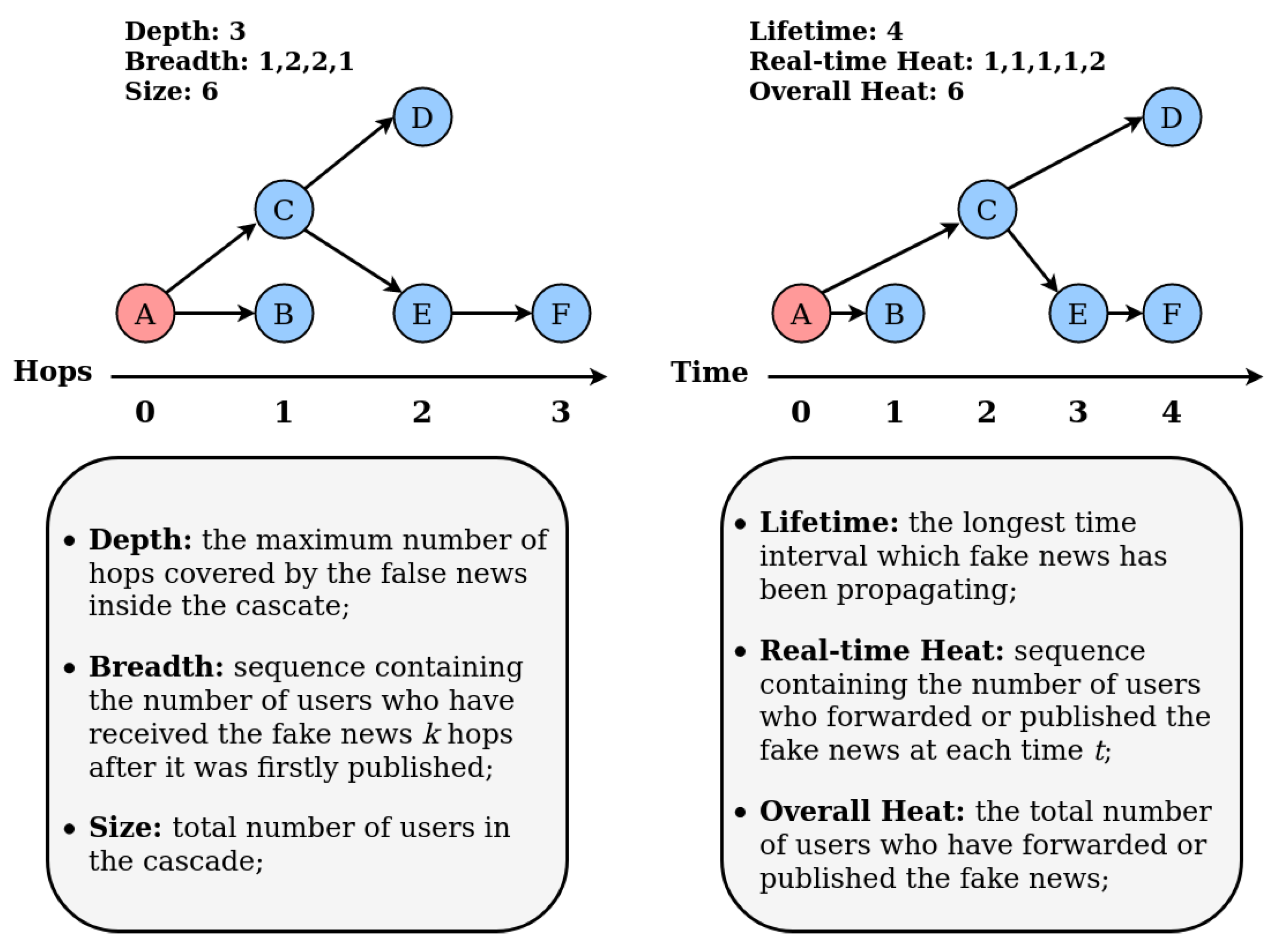
Information | Free Full-Text | Identifying Fake News on Social Networks Based on Natural Language Processing: Trends and Challenges
Determinants of individuals' belief in fake news: A scoping review determinants of belief in fake news | PLOS ONE
A systematic review on fake news research through the lens of news creation and consumption: Research efforts, challenges, and future directions | PLOS ONE
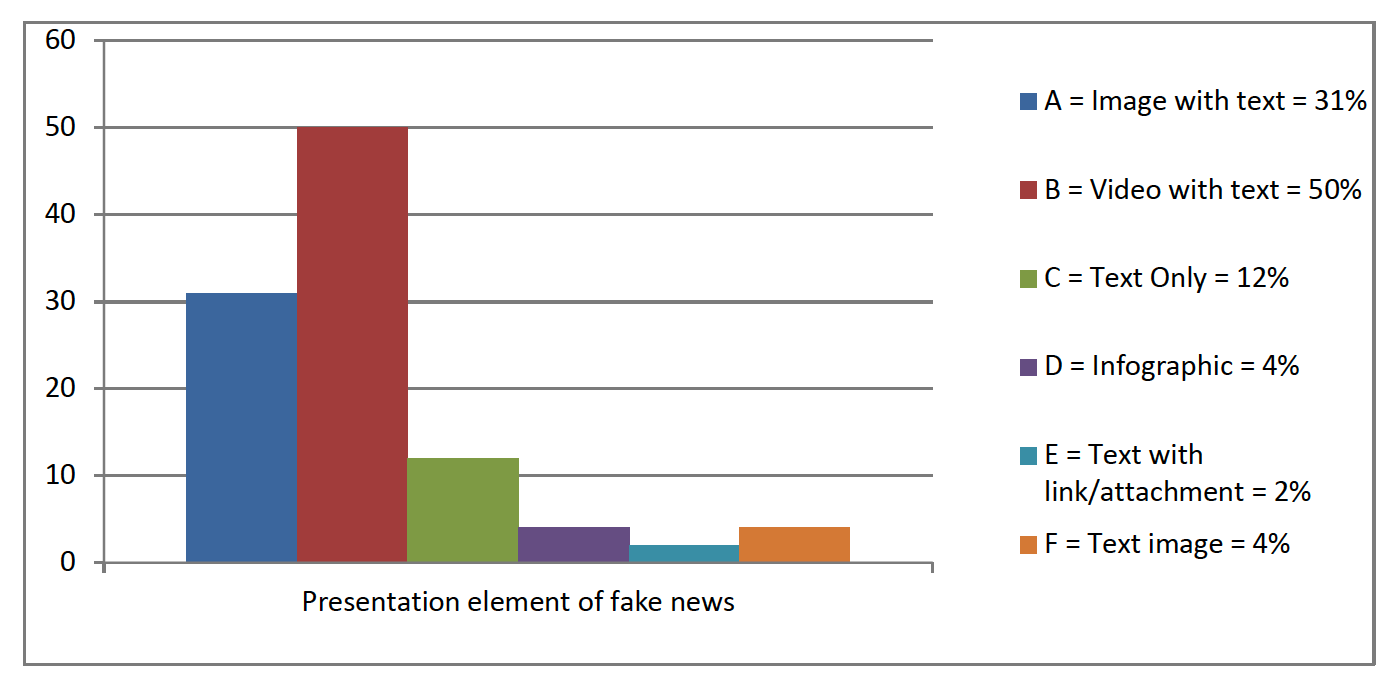
A Study on Fake News Subject Matter, Presentation Elements, Tools of Detection, and Social Media Platforms in India | Published in Asian Journal for Public Opinion Research
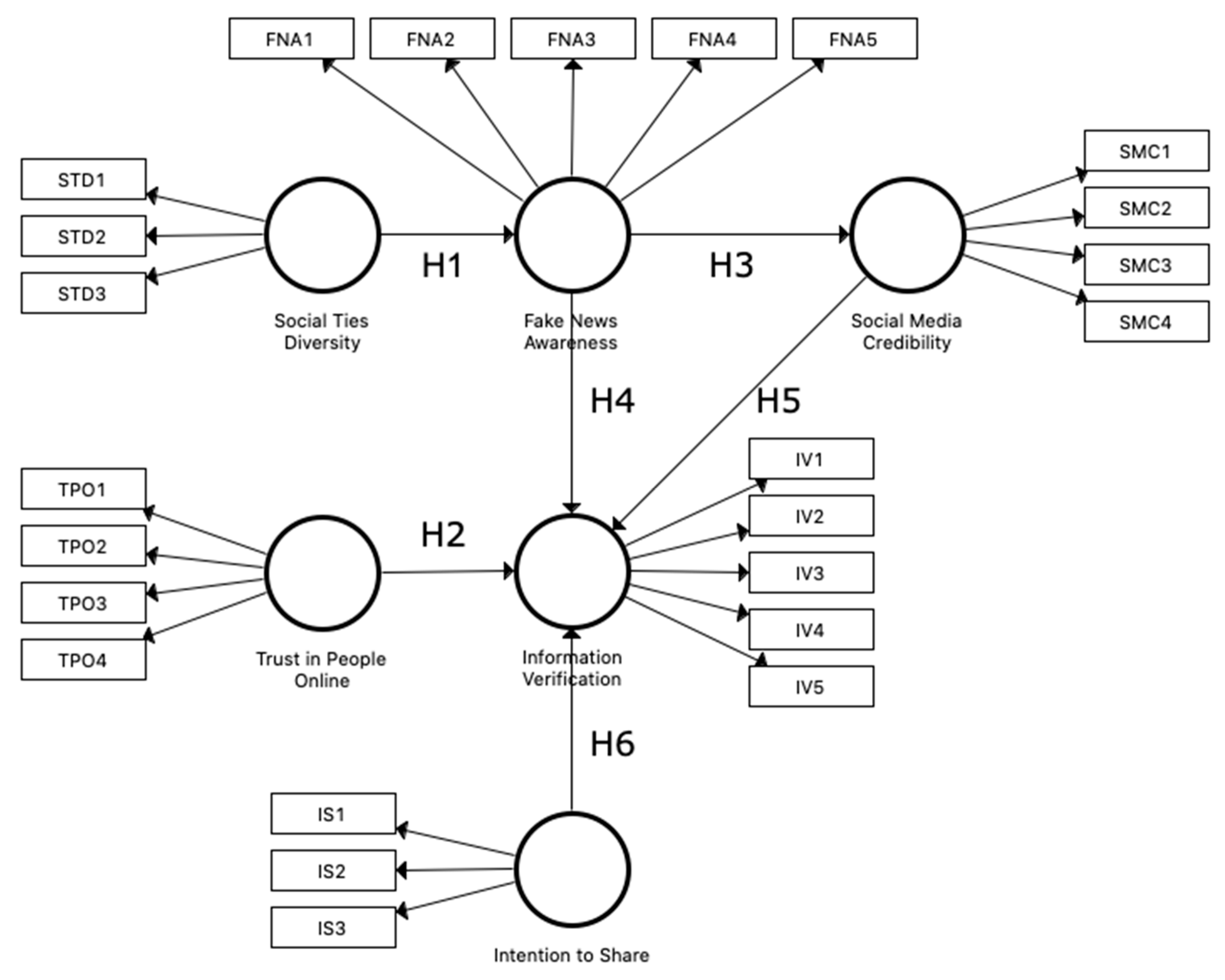
Behavioral Sciences | Free Full-Text | Trust, Media Credibility, Social Ties, and the Intention to Share towards Information Verification in an Age of Fake News
Determinants of individuals' belief in fake news: A scoping review determinants of belief in fake news | PLOS ONE

Less than you think: Prevalence and predictors of fake news dissemination on Facebook | Science Advances
A systematic review on fake news research through the lens of news creation and consumption: Research efforts, challenges, and future directions | PLOS ONE

Lazy, not biased: Susceptibility to partisan fake news is better explained by lack of reasoning than by motivated reasoning - ScienceDirect
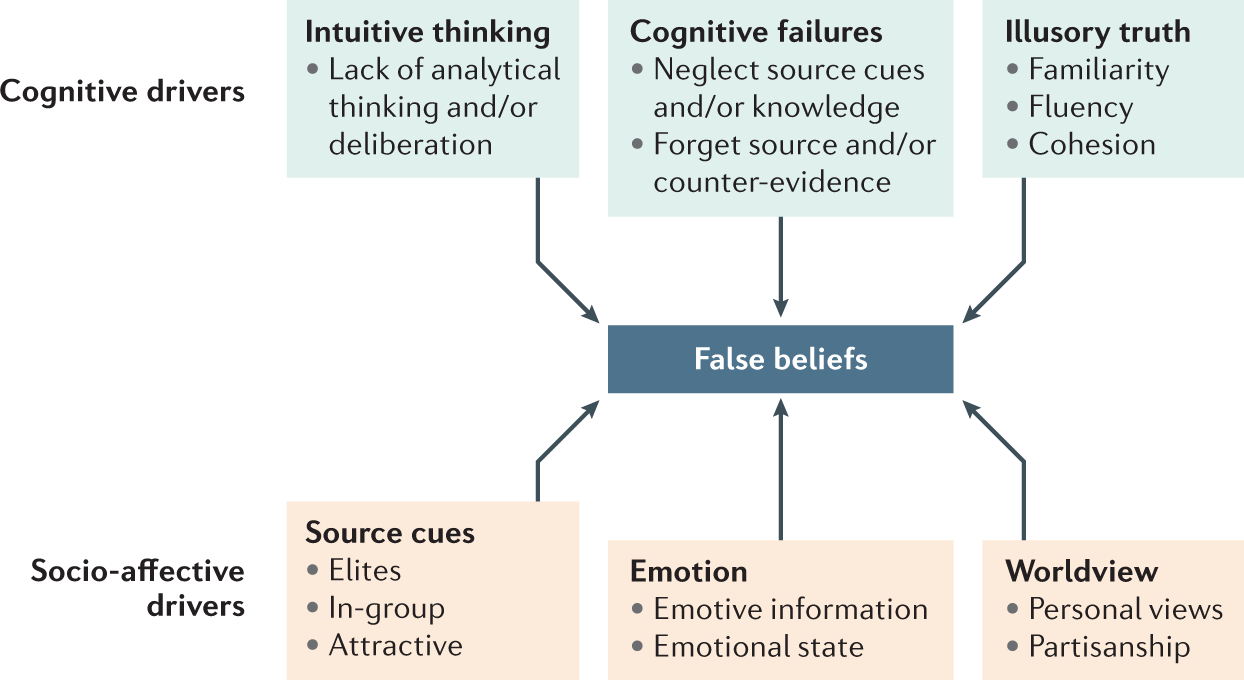
The psychological drivers of misinformation belief and its resistance to correction | Nature Reviews Psychology

Less than you think: Prevalence and predictors of fake news dissemination on Facebook | Science Advances

Susceptibility to misinformation is consistent across question framings and response modes and better explained by myside bias and partisanship than analytical thinking

Ateneo Policy Center published 12 journal articles and 11 working papers for the year of 2022 | News | Ateneo de Manila University



